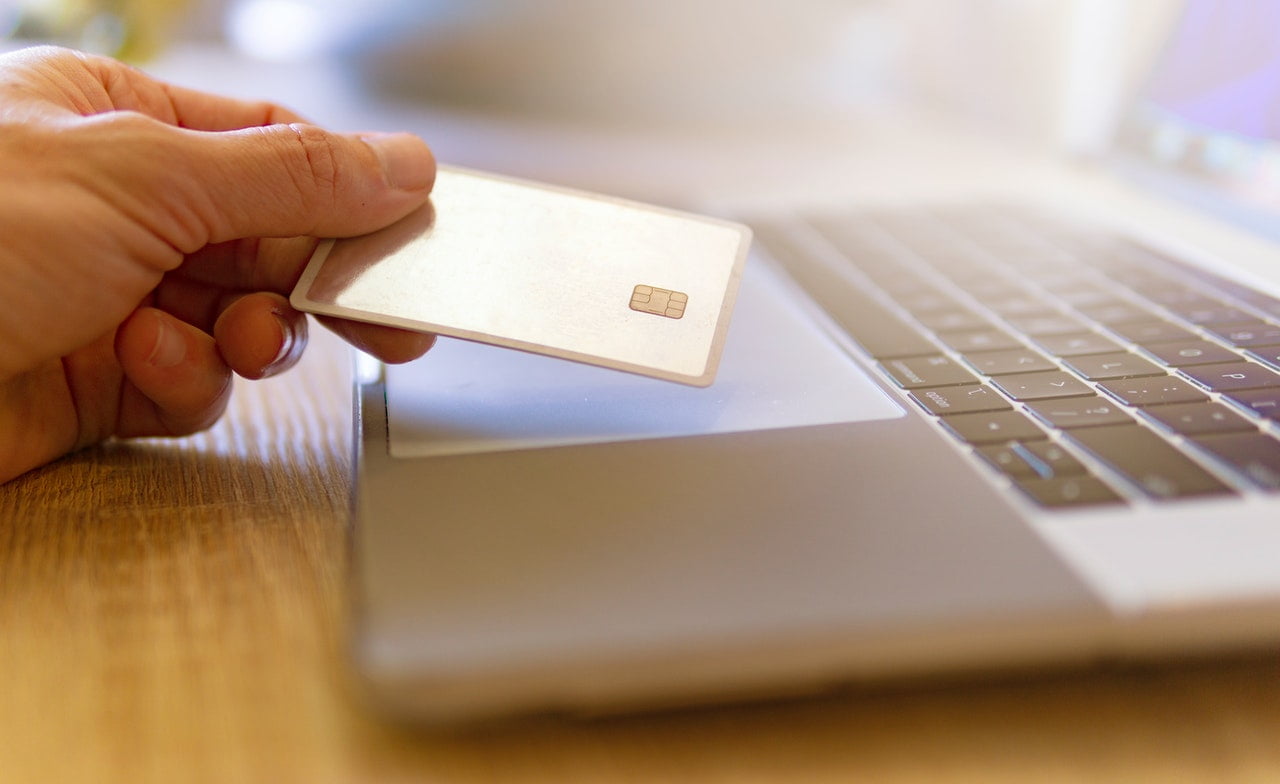How to use credit cards, Maybe you have thought about having a credit card, but you are panicking about taking that step because you are tired of hearing testimonials from people complaining about their bad experiences and their credit being affected. While you know, every head is a world and every person has different experiences in life; it’s all going to depend on the decisions you make. The fact that a person has been irresponsible with his credit and has done badly, does not mean that the same happens with you, that you are the protagonist of your own credit history.
The issue of credit cards is often nothing more than a myth and, therefore, you lose the benefits that they can provide; one of them, and it is believed to be the most important, is to demonstrate to any bank or company that you are a financially responsible person.
Nowadays, learning how to use credit cards has become a topic of vital importance. This is because credit, like money, has become a fundamental pillar of people’s personal economy.
That is why if you learn how to use credit cards wisely, they can become a financing tool with great benefits for you, but only if you use them wisely, otherwise they can be a headache and instead of being useful for you, they can be your undoing and end up ruining your credit history.
You must keep in mind that the problem here is not the plastic (credit card) but not knowing how to use it properly, responsibly, limited or whatever you want to call it.
Here are some tips for you to put them into practice and start building a healthy credit style. But first, you should know:
- What is a credit card for? Credit cards are of utmost importance to build a credit history, that is, they are useful for banks or companies to trust you and show them that you are a responsible person and able to pay debts. So the longer you have been in the financial sector, whether with credit cards, debit cards or different types of credit, the better your score will be and the better your chances of receiving future financing.
- Do not have inactive cards.
One of the main mistakes many people make when learning how to use credit cards is to assume that the more cards they have, the better their credit history will be, when in fact, the opposite is true.
The problem with this is that, regardless of whether or not you are using credit cards, your borrowing capacity is limited. This borrowing capacity depends on the amount of your income, and it is based on your income that a financial institution determines how much it can lend you.
For example, when you apply for a mortgage loan, the bank will not check which cards you use, but how many you have and what is the total amount you have available to borrow with these plastics, then subtract this value from the possible credit you will receive. If you show that you cannot control your credit cards, the less likely they are to trust you.
- Do not cancel credit cards constantly.
One of the strategies used by banks or companies to measure your creditworthiness is the time you have had a credit card and the use you have made of it, whether good or bad, will be measured.
Therefore, it is recommended that you do not take out new credit cards under the pretext of promotions or offers offered by commercial establishments. If you already have one or two cards, avoid new cards. Taking advantage of offers only makes you take out that you are not going to use.
- Be responsible with your monthly payments.
To know how to use credit cards, you must first understand how they work. The number one factor to take into consideration is time; the longer you take to pay off a debt, the higher the interest will be. The number of installments more or less used in credit cards is one, maximum two. But the most advisable is to pay each payment fee at the agreed time.
- Don’t buy too much.
Don’t get excited buying simply because you have a card in hand, usually the most common mistake made by people who are in credit card debt.
Every time they see promotions or offers they run out to buy, do not fall into the trap of:
You have a 30% discount, understand that you are not saving 30% but you are spending 70% that you can use for other things. One of the main mistakes we make when learning how to use credit cards is to assume that the more cards we have, the better our credit history will be.
I assure you that if you put into practice these 5 tips on how to learn how to use, you will do much better in terms of your credit history and little by little you will improve, but remember. Everything takes practice and effort.


